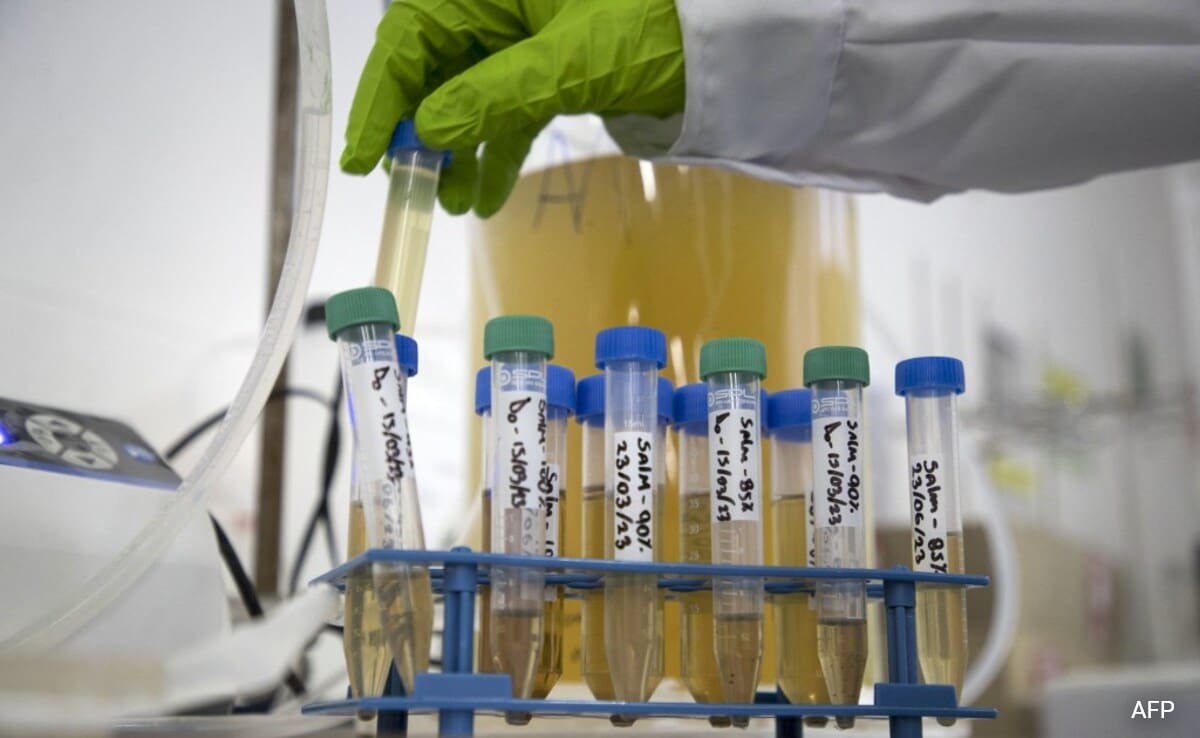
concrete image
Sydney:
Dangerous concentrations of long-residing “forever chemicals” have been found in surface and groundwater around the world, according to a study released on Tuesday that identified Australia, the United States and Europe as hotspots.
A paper published in the journal Nature Geoscience analyzed data from 45,000 water samples around the world and found that a “significant proportion” had levels of PFAS (per- and polyfluoroalkyl substances) above recommended levels.
These substances, found in everyday products like nonstick frying pans, food packaging and waterproof clothing, have been linked to serious health conditions including cancer and birth defects.
They can be found everywhere from sea turtle eggs to Antarctic snow, but new research shows they are widespread in surface and groundwater that humans drink.
“Many of our water sources exceed regulatory limits for PFAS,” said Denis O’Carroll, a professor at the University of New South Wales in Australia and one of the study’s authors.
O’Carroll said thousands of permanent chemicals were known to be “ubiquitously present in the environment” but expressed shock at how much higher the sampling levels were than recommended.
“We’re talking above 5% and in some cases over 50%.”
The study found that 69 per cent of groundwater samples globally exceeded Canadian minimum standards and 6 per cent exceeded EU standards.
Australia, China, the United States and parts of Europe have proven to be global hotspots for high PFAS concentrations.
However, the study acknowledged that these locations also had the highest levels of testing and that with more research, similar results could be found across the globe.
PFAS are thought to be present around the world, but the extent of contamination on the Earth’s surface, in waterways and in drinking water supplies is unknown.
Canada, the United States, the European Union and Australia have begun restricting the use of PFAS due to health and environmental concerns.
(Except for the headline, this story has not been edited by NDTV staff and is published from a syndicated feed.)
Follow us on Google news ,Twitter , and Join Whatsapp Group of thelocalreport.in







